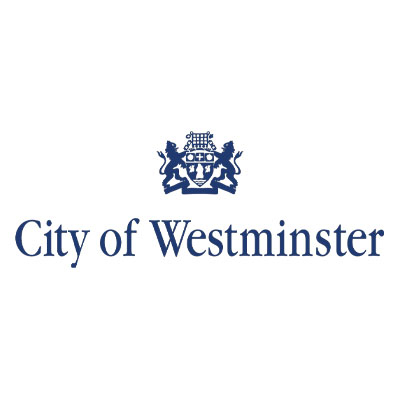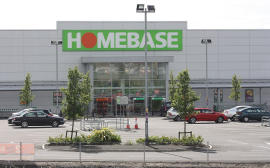Description
Westminster City Council is the local authority for the City of Westminster in Greater London, England. The city is divided into 20 wards, each electing three councillors. The council is currently composed of 31 Labour Party members and 23 Conservative Party members.
HThe council was created by the London Government Act 1963 and replaced three local authorities: Paddington Metropolitan Borough Council, St Marylebone Metropolitan Borough Council and Westminster Borough Council.
History
There have previously been a number of local authorities responsible for the Westminster area. The current local authority was first elected in 1964, a year before formally coming into its powers and prior to the creation of the City of Westminster on 1 April 1965. Westminster City Council replaced Paddington Metropolitan Borough Council, St Marylebone Metropolitan Borough Council and the Westminster City Council which had responsibility for the earlier, smaller City of Westminster. All three had been created in 1900, with Paddington and St Marylebone replacing the parish vestries incorporated by the Metropolis Management Act 1855. Westminster itself has a more convoluted history and the metropolitan borough council established in 1900 had replaced the Vestry of the Parish of St George Hanover Square, the Vestry of the Parish of St Martin in the Fields, the Strand District Board of Works, the Westminster District Board of Works and the Vestry of the Parish of Westminster St James.
It was envisaged that through the London Government Act 1963 Westminster as a London local authority would share power with the Greater London Council. The split of powers and functions meant that the Greater London Council was responsible for "wide area" services such as fire, ambulance, flood prevention, and refuse disposal; with the local authorities responsible for "personal" services such as social care, libraries, cemeteries and refuse collection. This arrangement lasted until 1986 when Westminster City Council gained responsibility for some services that had been provided by the Greater London Council, such as waste disposal. Westminster became an education authority in 1990.
In the late 1980s, the Conservative-led Council was involved in the Homes for votes scandal. In marginal wards, this involved the Council moving the homeless elsewhere, and selling off council homes to groups who were more likely to vote Conservative. On investigation, the policy was ruled to be illegal, and it was revealed that some of the homeless had been rehoused in condemned accommodation. Former leader of the Council Dame Shirley Porter was found guilty of wilful misconduct and ordered to repay £36.1m. In view of her personal circumstances, a payment of £12.3 million was eventually accepted.
Since 2000 the Greater London Authority has taken some responsibility for highways and planning control from the council, but within the English local government system the council remains a "most purpose" authority in terms of the available range of powers and functions.




















